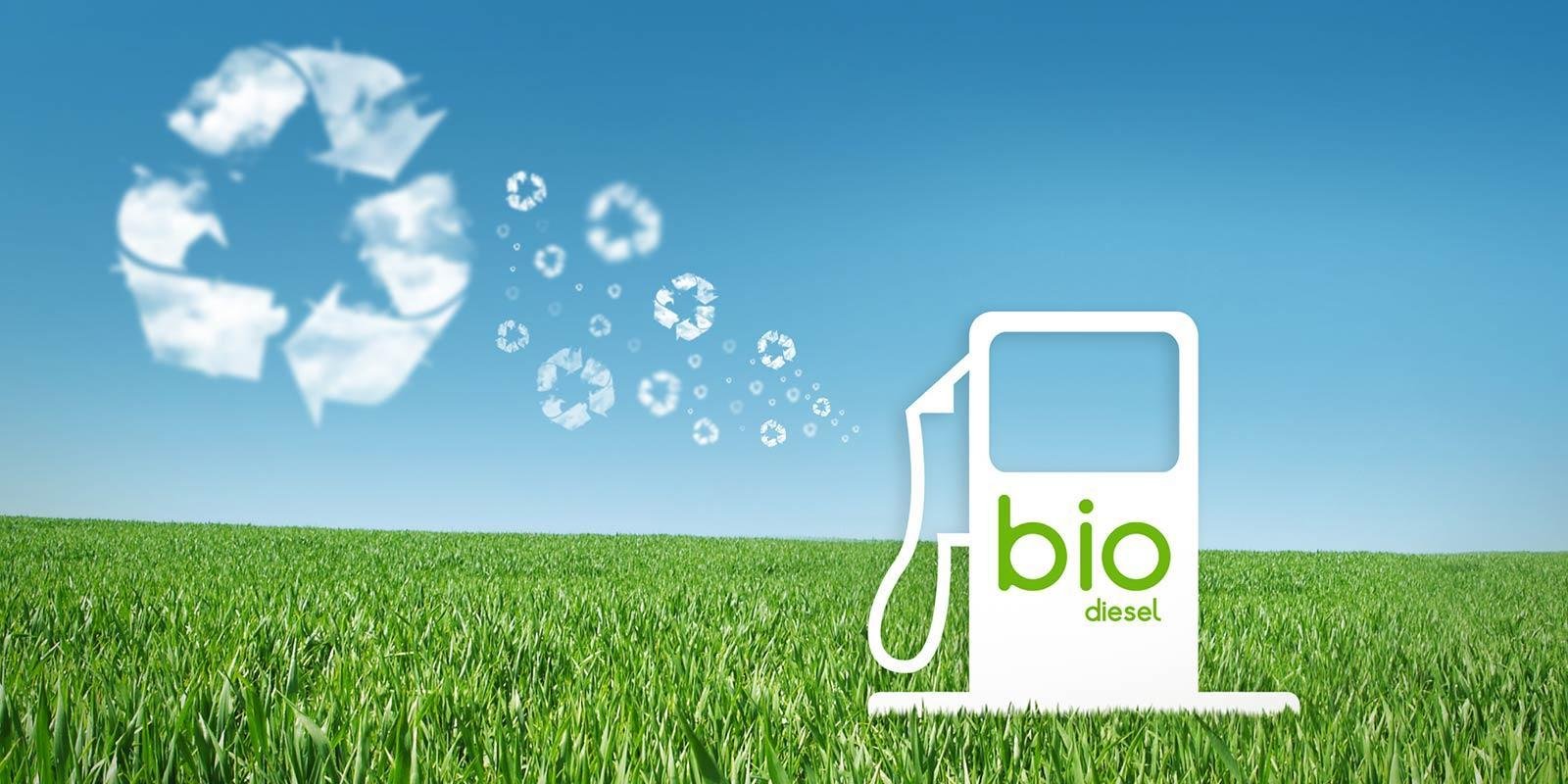The biofuel testing services market is at the forefront of technological evolution, responding to the growing demand for clean and sustainable energy. With the increasing reliance on biofuels as an alternative to fossil fuels, testing services play a critical role in ensuring quality, compliance, and environmental benefits. However, the industry is currently witnessing significant disruptions, driven by technological advancements, regulatory changes, and shifting market dynamics.

Key Drivers of Market Disruption
-
Stringent Regulatory Standards:
Governments worldwide are imposing stricter regulations to ensure biofuels meet sustainability and performance criteria. Standards such as ASTM D6751 and EN 14214 require meticulous testing, creating challenges for service providers to keep up with compliance needs. -
Technological Innovations:
Advancements in analytical instruments and software have transformed testing procedures. Techniques like gas chromatography (GC), high-performance liquid chromatography (HPLC), and mass spectrometry (MS) offer faster, more accurate results, but they demand higher investments in infrastructure and skilled personnel. -
Emergence of Advanced Biofuels:
Second- and third-generation biofuels derived from non-food biomass and algae introduce complexities in testing. These biofuels have unique chemical compositions, requiring customized testing protocols and advanced methodologies. -
Supply Chain Challenges:
Disruptions in raw material supply, fluctuating feedstock quality, and geopolitical factors affect biofuel production and, consequently, testing service demand. Providers must adapt to rapidly changing supply chains to remain relevant.
Opportunities Amid Disruptions
While disruptions pose challenges, they also offer opportunities for innovation:
-
Adoption of Automation and AI:
Artificial intelligence and machine learning enable predictive testing, reducing errors and enhancing efficiency. Automation minimizes human intervention, speeding up processes while maintaining accuracy. -
Expansion of Testing Parameters:
With growing awareness of environmental impact, service providers can diversify their offerings to include carbon footprint analysis, lifecycle assessment, and sustainability certification. -
Partnerships and Collaborations:
Strategic alliances between biofuel producers, research institutions, and testing service providers foster innovation and streamline processes. -
Focus on Emerging Markets:
Rapid industrialization and urbanization in regions like Asia-Pacific and Latin America present untapped potential for biofuel testing services. Tailoring solutions to these markets can drive growth.
Challenges in the Road Ahead
-
High Costs of Advanced Testing Equipment:
Implementing cutting-edge technologies often requires substantial capital investment, making it difficult for smaller firms to compete. -
Skilled Workforce Shortage:
The lack of trained professionals familiar with advanced testing techniques is a bottleneck in ensuring consistent service quality. -
Dynamic Regulatory Landscape:
Constantly evolving global regulations make compliance a moving target, requiring ongoing adaptation and investment. -
Competition from In-house Testing Capabilities:
Large-scale biofuel producers are increasingly adopting in-house testing facilities, reducing reliance on third-party service providers.
Future Outlook
The biofuel testing services market is expected to grow significantly as the biofuel industry expands. Sustainability mandates, increasing consumer awareness, and technological progress will continue driving demand. However, service providers must navigate disruptions by embracing innovation, investing in technology, and fostering global collaborations.
In conclusion, the biofuel testing services market is in a period of transformation. By proactively addressing challenges and leveraging opportunities, stakeholders can position themselves at the forefront of this critical sector.

